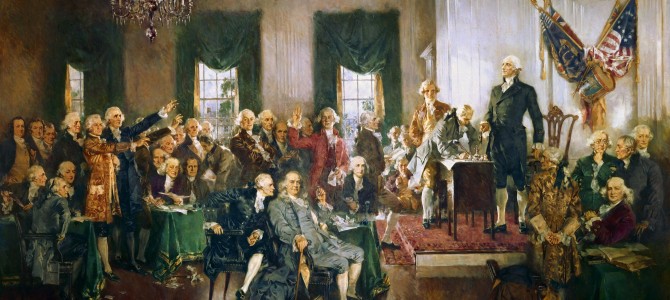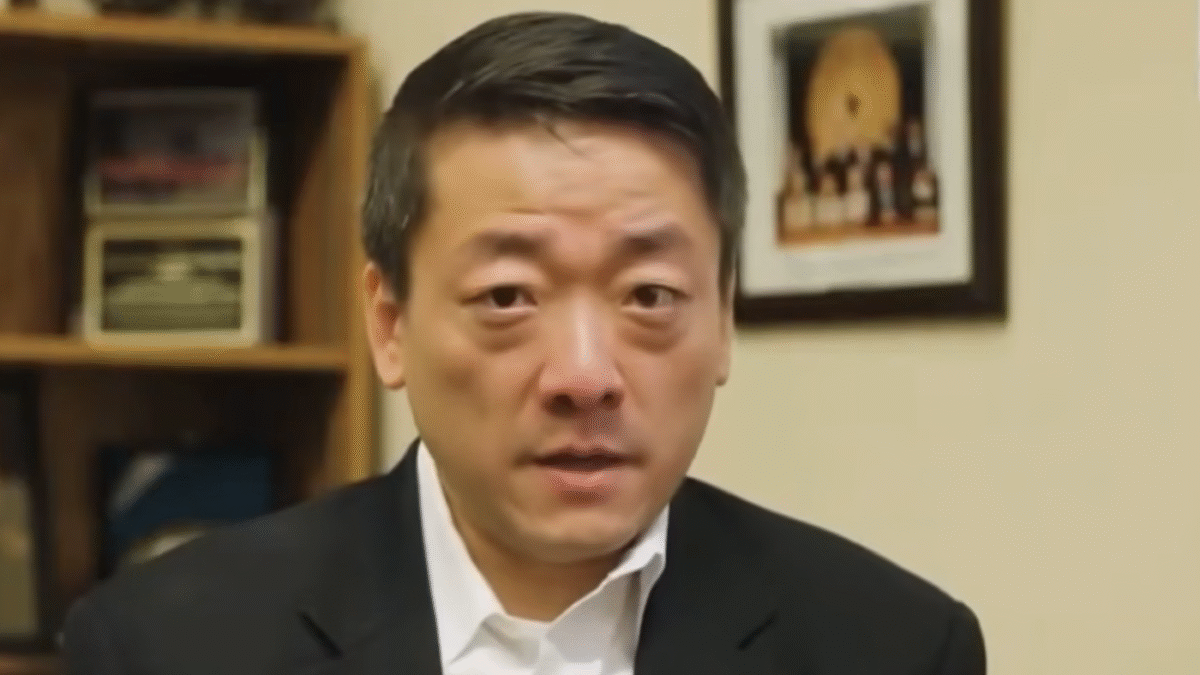
When we discussed it yesterday morning on Face the Nation, the exact content of President Obama’s speech last night was not clear. It was still possible it could represent a marked change in strategy on the part of the White House, given that a steady drumbeat of criticism from fellow Democrats had put their approach to dealing with ISIS in its weakest political positioning yet. The intelligence community has been increasingly clear that, contra the evidence in prior fudged reports, ISIS is not contained.
The opportunity was there for President Obama to announce that he has reevaluated his approach in light of new information, and that the commitment necessary to crush ISIS would require a much more unified coalition and additional forces on the air and ground. It would have represented in a small way an act of unity with George W. Bush, who reevaluated his approach to Iraq in the wake of the 2006 elections, and risked significant political capital to fight for the surge policy to achieve a semblance of stability in the region.
Instead, the speech turned out to be exactly what we have come to expect from this president: a stubborn insistence that his strategy is working, despite the haters, and a glorious flame-throwing eradication of the amassed men of straw. As Rob Tracinski writes this morning, the speech was a lame attempt at a new framing for the conflict with ISIS, blameshifting to Congress for failing to enact a new AUMF or gun control measures. It will do nothing to achieve anything of the sort, in part because, as with most Obama speeches in his second term, it is more about divisiveness than unity.
Consider Obama’s dismissive line about his political opponents regarding guns. “What could possibly be the argument for allowing a terrorist suspect to buy a semiautomatic weapon?” Well, let us focus on one: that the denial of rights without due process of law is unconstitutional. Eugene Volokh:
“[C]an a person be denied constitutional rights, not based on a past criminal conviction or even a restraining order issued in court under a “preponderance of the evidence” standard, but based just on the government’s suspicion? The Feinstein proposal would have provided that the government could bar gun sales to a person if two conditions were met: “the Attorney General” “determines that the [buyer] is known (or appropriately suspected)” to have been involved in terrorism-related conduct “or providing material support support or resources for terrorism,” and if the Attorney General “has a reasonable belief that the [buyer] may use a firearm in connection with terrorism.”
“That’s a very low bar — denial of a constitutional right based on suspicion (albeit “appropriate[]”) about a person’s connections, and belief (albeit “reasonable” belief) about a person’s possible future actions … I can’t see how that’s constitutional. And though the bill would have let the buyer go to court to challenge the attorney general’s decision, the attorney general would simply have had to show by a preponderance of the evidence that the two elements were satisfied — that the attorney general appropriately suspected the buyer and that she had a reasonable belief about what the buyer may do.”
If you believe in civil liberties at all, the idea that the Attorney General of the United States could deny an explicitly guaranteed individual right in the Constitution based solely on suspicion, without having to show cause to the courts, should absolutely give you pause. As a matter of politics, it is the sort of grandstanding position and assertion of righteousness we have seen time and again from this administration, operating as it does without any humility or any respect for Constitutional norms. But if the White House thinks this message, combined with the New York Times front page editorial, is going to move the needle on guns at all they are deluding themselves almost as much as they are about ISIS.
(As an aside, this stance also is going to cause more difficulties for Hillary Clinton in 2016. Expect that Republicans in Colorado, Iowa, Nevada, New Mexico, New Hampshire, Ohio and Pennsylvania will be using the gun issue to great effect. But that comes later.)
The problem is that the elite modern left thinks all these things which are essential to the American experience are just incidental. They see no connection between Constitutional freedoms and the character of the people; between religious liberty and church attendance and family breakdown; between gun ownership and self-reliance and respect for property; between crushing free speech and destroying our capacity for free thought and creativity; between the loss of American stoicism and the all-encompassing welfare state. They see these originating factors as irritants or unimportant, and think they can all be gotten rid of without fundamentally altering the nature of who we are as a nation.
The liberal elites do this in part because such things are incidental to their own daily lives. Casting aside the Bill of Rights won’t fundamentally change who they are, at least not in any near term. So because you do not use guns, you don’t care about people who do, and you cannot understand why they would ever need or want such things. Same with church. Same with awful public schools, in neighborhoods you would never live. Your tribe of social justice warriors who left the campus will be just fine, so long as the government isn’t threatening gourmet coffee shops or wifi access or prestige cable dramas.
There is one other point President Obama made – that as commander in chief, he has no greater responsibility than the security of the American people. It is the sort of thing lots of presidents have said. It also happens to be false. If the safety and security of Americans took precedence over all else, then The New York Times’s argument that every AR-15 in the country should be purchased at the cost of billions and melted down into slag would be more palatable – still wrong, but a matter for debate. This is not the case. The first priority of the United States government and the president is to secure our liberties – it always has been, and always ought to be.
Elite liberals like Obama and the New York Times editorialists do not understand that when they argue the American citizenry no longer has the capacity to bear arms, they are arguing that we have lost the capacity for self-government. They are not just saying you only have the right to self-defense as the Attorney General deems you fit; they are saying the inalienable rights of American individuals are subordinate to the will of high-minded politicians. Their interest is in keeping you safe and secure. Whether you are free is, in the grand scheme of things, incidental.









